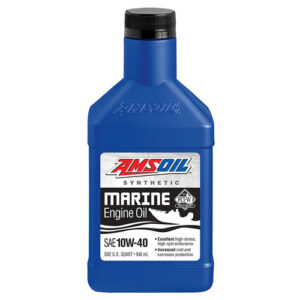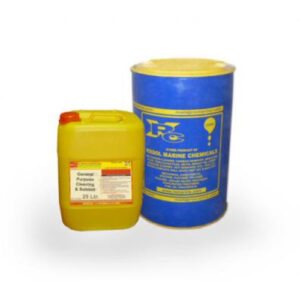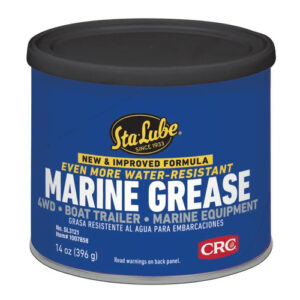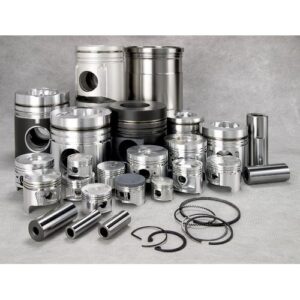Key Features of Hardware Tools
1. Design and Structure of Hardware Tool
Marine hardware tools come in ergonomic and compact designs to allow easy handling in tight or confined spaces onboard. Whether it’s a wrench, plier, screwdriver, or hammer, each tool offers solid grip and optimized leverage to enhance operator control during use.
2. Hardware Tool Material
Manufacturers use high-grade stainless steel, chrome vanadium, and anti-corrosive alloys to ensure long life. Coatings like nickel plating and rubberized handles enhance resistance to rust, wear, and exposure to saltwater and oil.
3. Lifting Capacity of Hardware Tools
While not classified as lifting gear, some hardware tools like chain pullers, jacks, or torque wrenches assist with mechanical lifting or load-bearing adjustments. These tools are essential for supporting deck machinery and equipment alignments.
4. Installation and Integration of Hardware Tool
Marine technicians can easily stow tools in onboard toolboxes or wall-mounted kits. Many sets come organized in foam-cut or molded cases, which simplify access and ensure quick deployment for urgent repair or maintenance tasks.
5. Safety and Control of Hardware Tools
Designed with safety in mind, these tools feature non-slip grips, insulated handles, and impact-resistant components. They help reduce operator fatigue and minimize the risk of injury or slippage during heavy-duty operations.
6. Durability and Maintenance of Hardware Tools
Marine tools require minimal upkeep when stored properly. Rinsing after use, occasional oiling of joints, and secure storage prevent corrosion and mechanical failure. Their rugged build ensures performance under repetitive, high-torque tasks.
7. Versatility
Hardware tools support a wide range of applications including electrical work, engine repair, plumbing, rigging, and hydraulic servicing. From handheld items to specialty tools, they serve every department onboard—from engine room to bridge.
8. Compliance and Standards
Many of these tools comply with ISO, DIN, and ANSI quality standards. For shipboard safety, insulated and explosion-proof variants are available and often approved by maritime classification societies or flagged under SOLAS requirements.






